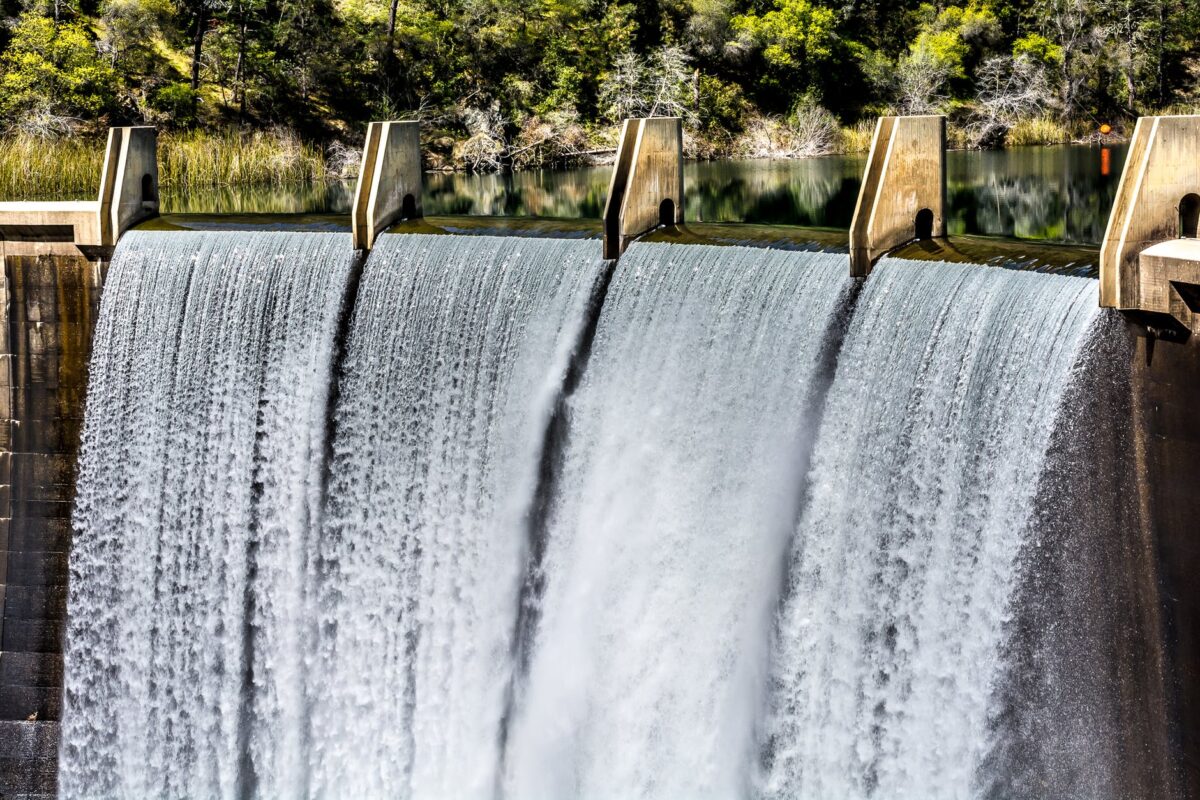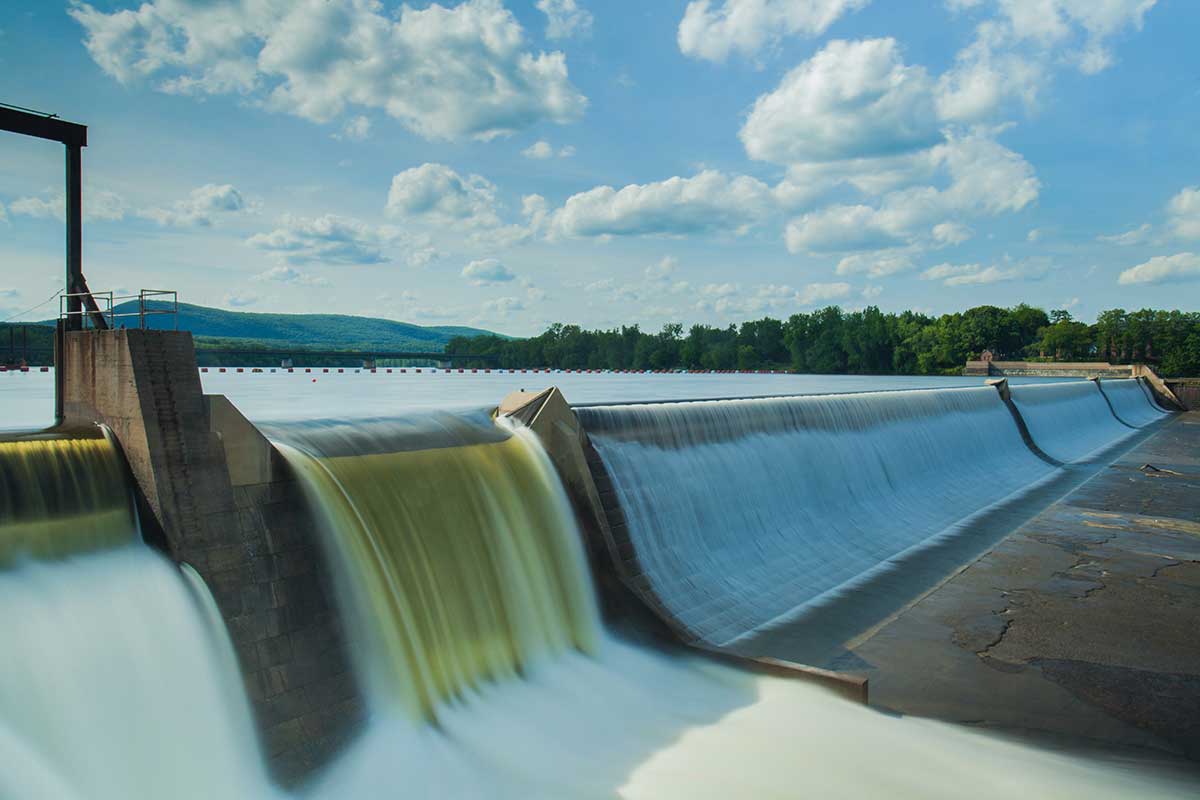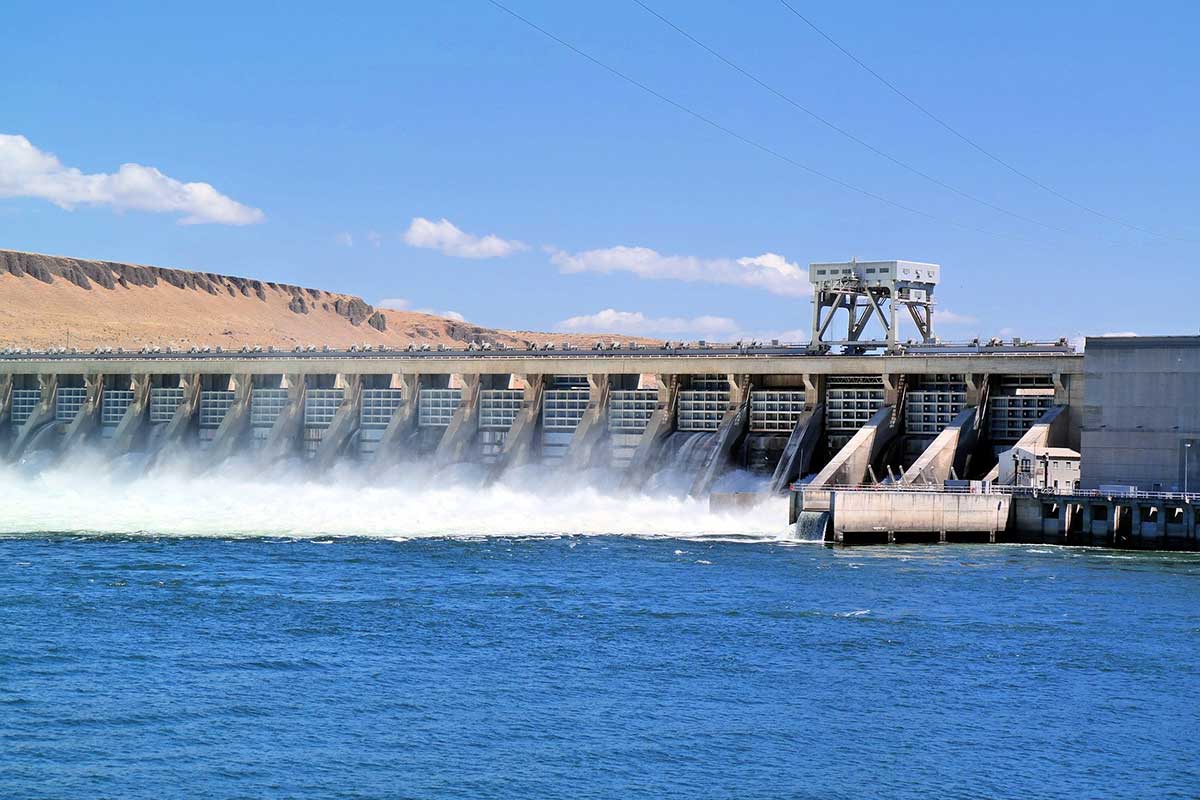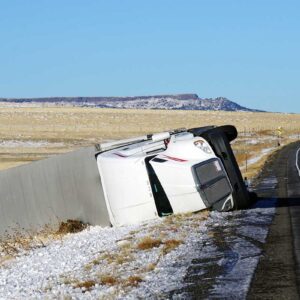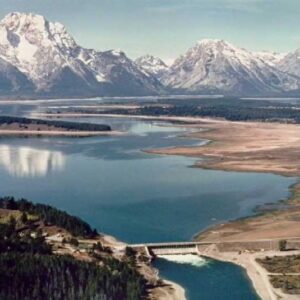Description
This course introduces the principles and practices of dam safety from a dam owner’s perspective. It has been widely recognized by researchers in several US states that there is a significant difference between the perceived acceptable dam safety practices by many dam owners and the minimal acceptable dam safety practices recognized by dam safety officials and engineers. This course document can be included with reports to the owner(s) pertaining to dam maintenance, repair or construction. By educating dam owners about dam safety and by providing this FEMA manual to owners, which is the course content, the gap between perceived and actual acceptable practices can be narrowed. While the manual is written in layman’s terms, it can be a very effective tool for educating dam owners, which can help prevent or reduce some engineering problems with the dams. The manual stresses the importance to the dam owner of the development and active pursuit of a dam safety program. Educating dam owners in dam safety serves to protect them and the public.
This course includes a multiple choice/true false quiz at the end and is intended to provide 8 hours of professional development.
LEARNING OBJECTIVES
At the conclusion of this course, the student will have learned or been exposed to the following:
- Urgency for Dam Safety
- Dam Ownership and Safety
- The Increasing Complexity of the dam Safety Problem
- An Approach to Dam Safety
- The Watershed System
- Types of Dams
- Water Retention Ability
- Release of Water
- Hazards as Sources of Risk
- Site-Specific Structural Risks
- Sources of Dam Failures
- Objectives of a Safety Program
- Guidelines for Accessing Existing Conditions
- Procedural Guidelines – A Source Book
- Documenting the Safety Program
- Inspection Guidelines
- Organizing for Inspections
- Embankment Dams and Structures
- Concrete Dams and Structures
- Spillways
- Inlets, Outlets, and Drains
- Reasons for Instrumentation
- Instrument Types and Usage
- Frequency of Monitoring
- Maintenance Priorities
- Specific Maintenance Items
- General Maintenance
- Maintenance Priorities
- Immediate Maintenance
- Required Maintenance at Earliest Possible Date
- Specific Maintenance Items
- The Emergency Action Plan
- Identification of Emergency Conditions and Initiation of Emergency Response
- Guidelines for Emergency Notification
- Operations Plan Guidelines
- Schedule of Routine Tasks
- Record Keeping
- Supplements to Dam Safety
- Liability
- Measures to Reduce the Consequences of Dam Failure

